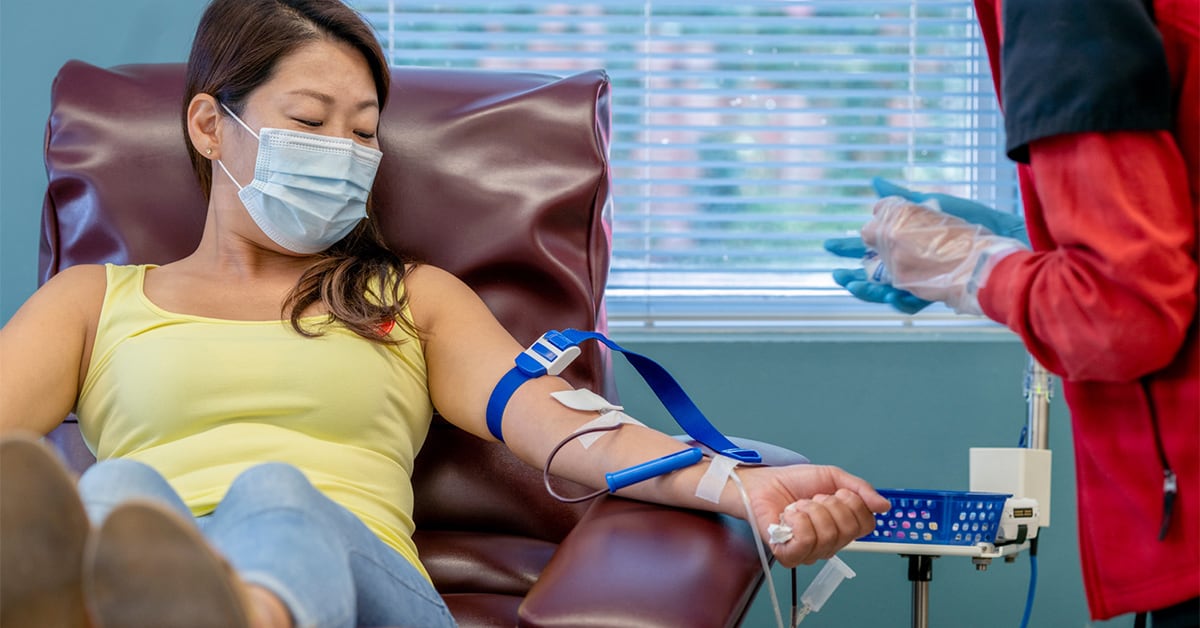;
;
;
Next Article
Theatre Wellesley’s back, and the Proof’s on stage

One organization looking forward to something like normal is Canadian Blood Services, which struggled to keep up with demand through the pandemic. Now, it’s stressing the importance of being a donor. “Every time you donate blood, you’re literally the direct connection to saving someone’s life. A lot
Last updated on May 03, 23
Posted on Apr 07, 22
2 min read
